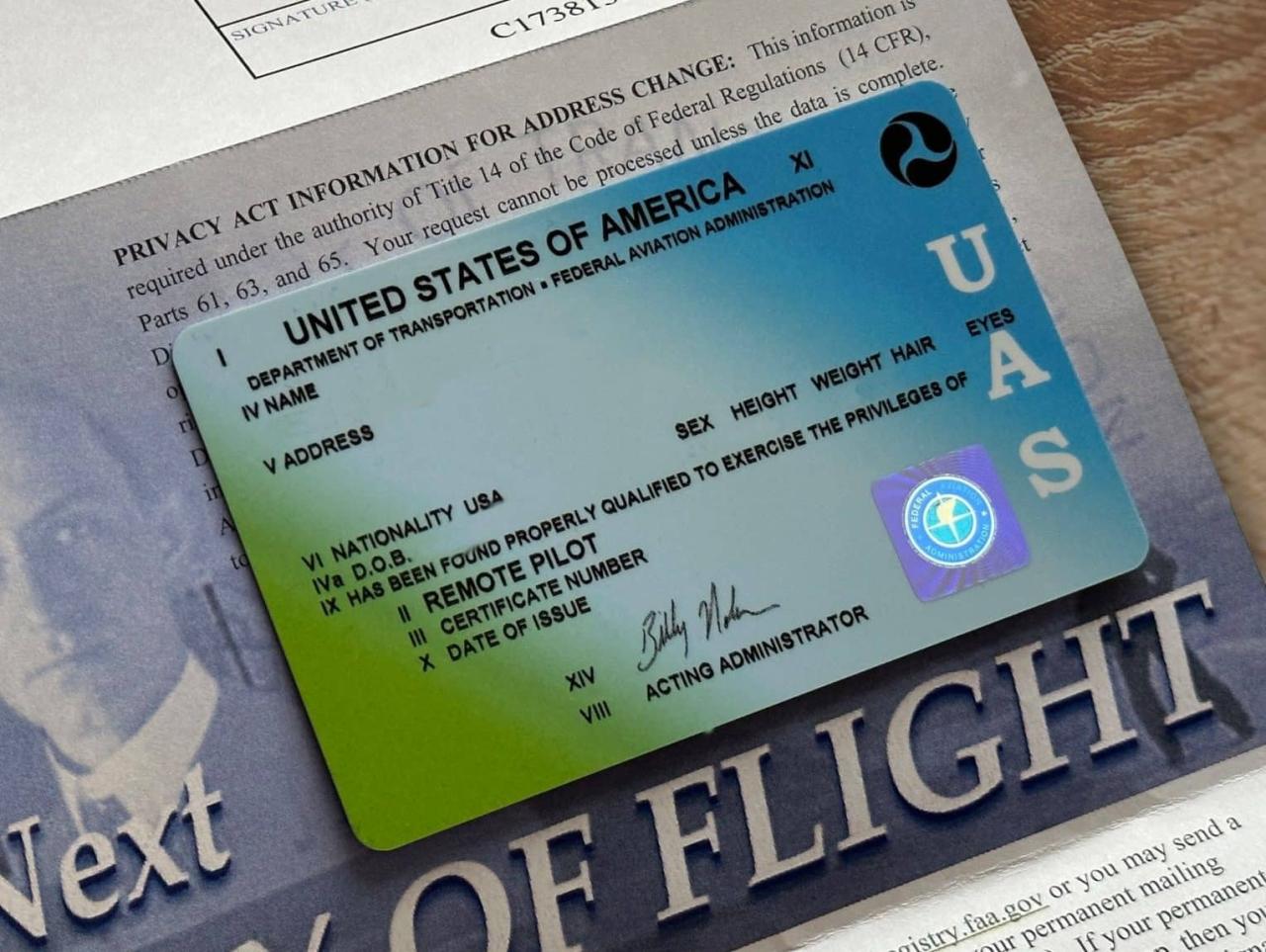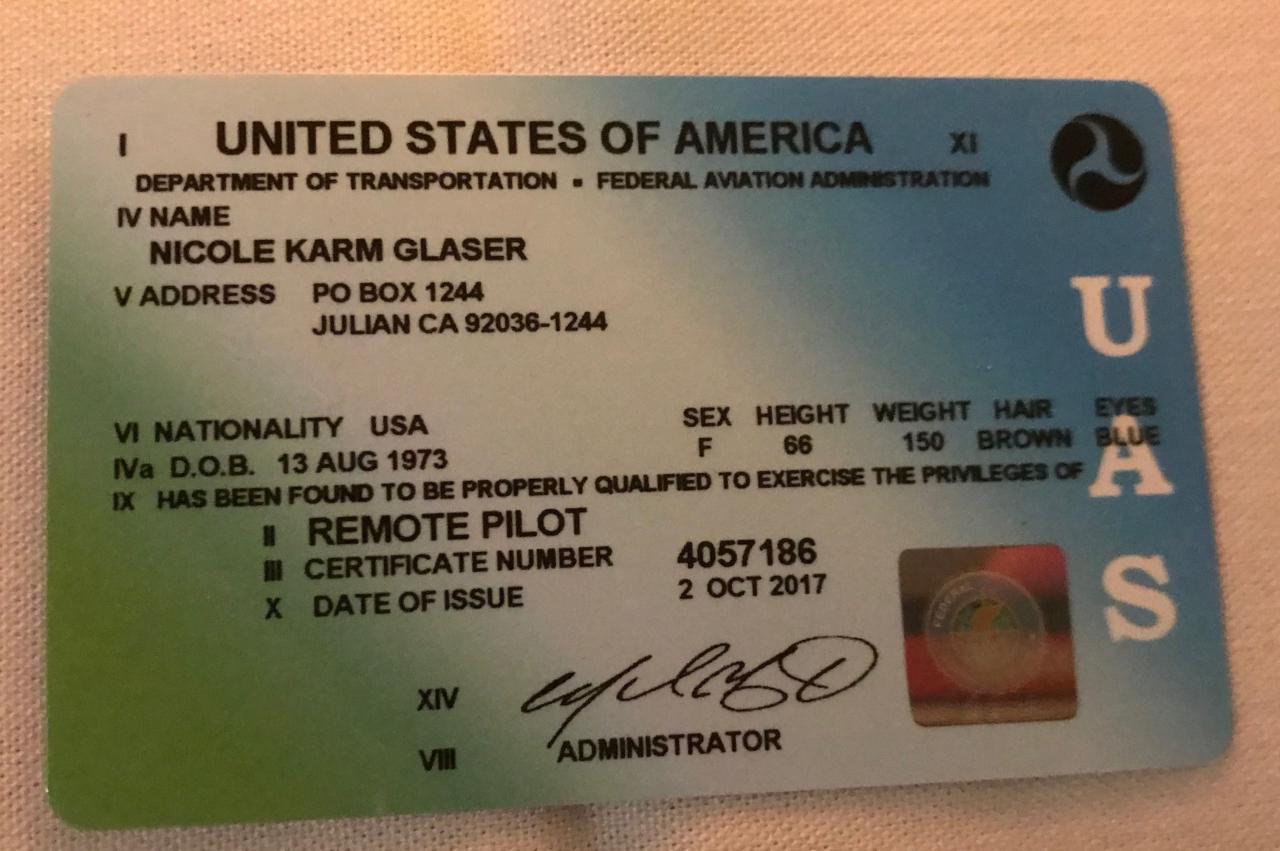Drone Pilot License Canada: So you want to fly drones professionally in Canada? This guide breaks down everything you need to know, from the different license types and application processes to essential skills, regulations, and career opportunities. We’ll cover the training options, insurance needs, and even drone maintenance—making your journey to becoming a licensed drone pilot smoother and more informed.
Navigating the world of Canadian drone regulations can feel overwhelming, but it doesn’t have to be. We’ll demystify the process, providing clear explanations and practical advice to help you understand the requirements, prepare for your exams, and confidently operate your drone within the law. Whether you’re a hobbyist looking to upgrade or an aspiring professional, this guide will equip you with the knowledge you need to succeed.
Types of Drone Pilot Licenses in Canada
Canada’s drone regulations are managed by Transport Canada, and they categorize drone pilots based on the size and operational complexity of their drones. Understanding these categories is crucial for operating legally and safely.
Basic Drone Pilot License Classes

There are several classes of drone pilot certificates in Canada, each with specific operational limitations and requirements. The main classes relate to the weight of the drone and the complexity of the flight operations.
| License Type | Weight Restrictions | Operational Limits | Required Training |
|---|---|---|---|
| Basic Operation Certificate (BOC) | Under 25 kg (Micro drones are generally under this limit) | Visual Line of Sight (VLOS) only, no operations over people, no operations near airports without prior authorization. | Online knowledge test. |
| Advanced Operation Certificate (AOC) | Under 25 kg | Beyond Visual Line of Sight (BVLOS) operations may be permitted under certain conditions and with additional approvals. More complex operations are possible with appropriate safety measures. | Requires a more comprehensive knowledge test and potentially practical flight tests depending on the specific operation. |
| Special Flight Operations Certificate (SFOC) | Varies depending on the operation. | For complex or high-risk operations, such as those near airports, over populated areas, or involving BVLOS flights. Specific approvals and safety protocols are mandatory. | Extensive training and demonstration of proficiency in complex flight scenarios are required. This often involves a thorough risk assessment and detailed flight plan. |
Application Process for a Drone Pilot License: Drone Pilot License Canada
Obtaining a drone pilot license in Canada involves a straightforward process, but careful attention to detail is essential. Transport Canada provides comprehensive online resources to guide you through each step.
Step-by-Step Application Guide
- Register with Transport Canada: Create an online account on the Transport Canada website.
- Complete the Application Form: Accurately fill out the online application form, providing all required personal and operational information.
- Upload Supporting Documents: This typically includes proof of identity, address, and any relevant training certificates.
- Pay the Application Fee: Submit the required application fee online using a secure payment method.
- Submit Your Application: Review your application thoroughly before submitting it electronically.
- Receive Your Certificate: Upon successful review, Transport Canada will issue your drone pilot certificate electronically.
Required Knowledge and Skills for Drone Pilots
Safe and responsible drone operation demands a strong foundation of knowledge and practical skills. Neglecting these aspects can lead to accidents and legal consequences.
Essential Knowledge and Skills
- Understanding of Canadian Aviation Regulations (CARs) pertaining to drones.
- Knowledge of airspace classifications and restrictions.
- Proficiency in pre-flight checks and inspections.
- Mastering basic and advanced drone flight controls.
- Ability to handle emergency situations and perform safe landings.
- Awareness of weather conditions and their impact on drone flight.
- Understanding of battery management and safety procedures.
- Knowledge of privacy laws related to drone imagery.
Training and Certification Programs
Numerous training providers offer drone pilot certification programs across Canada. Choosing a reputable program is crucial for ensuring you receive the necessary skills and knowledge for safe and legal operation.
Comparison of Training Programs

The following table provides a comparison of three hypothetical training programs. Note that actual program offerings, costs, and durations may vary.
| Program Name | Duration | Cost | Features |
|---|---|---|---|
| DronePilot Academy | 2 days | $1500 | Comprehensive theoretical and practical training, includes flight simulator access. |
| SkyHigh Drones | 3 days | $1800 | Hands-on flight training with experienced instructors, focuses on advanced maneuvers and emergency procedures. |
| Canadian Drone Institute | 1 day (online) | $800 | Primarily online course, suitable for those with prior drone experience; focuses on regulations and safety. |
Drone Regulations and Safety Guidelines
Adherence to Canadian drone regulations is non-negotiable. Violations can result in significant penalties, including fines and license suspension.
Top Five Safety Regulations, Drone pilot license canada
- Maintain Visual Line of Sight (VLOS) at all times, unless specifically authorized for BVLOS operations.
- Never fly over people or crowds.
- Respect airspace restrictions near airports and other sensitive areas.
- Operate your drone responsibly and avoid reckless behavior.
- Ensure your drone is properly registered and you possess the appropriate pilot certificate.
Insurance and Liability for Drone Pilots
Drone insurance is crucial for protecting yourself from financial liability in case of accidents or damages. The cost of repairs or compensation for injuries can be substantial.
Types of Drone Insurance
Several types of insurance are available, ranging from basic liability coverage to comprehensive policies that cover damage to your drone and third-party liabilities. It’s advisable to thoroughly research your options and select a policy that adequately covers your operational needs and risk profile.
Career Opportunities for Drone Pilots

The demand for skilled drone pilots is growing rapidly across various sectors. A license can open doors to exciting career paths.
Thinking about getting your drone pilot license in Canada? It’s a great step towards a potentially exciting career. You’ll learn about all kinds of drones, from small recreational models to larger, more complex systems like the predator drone , which demonstrates the high-tech side of the industry. Understanding the regulations and safety procedures is key, no matter what size drone you plan to fly, so start your research today!
Drone Pilot Career Paths
| Career Path | Required Skills | Average Salary (Estimate) |
|---|---|---|
| Aerial Photographer/Videographer | Strong photography/videography skills, post-processing expertise. | $50,000 – $80,000 per year |
| Agricultural Surveyor | Knowledge of agricultural practices, data analysis skills. | $60,000 – $90,000 per year |
| Infrastructure Inspector | Knowledge of construction and engineering, ability to interpret drone imagery. | $70,000 – $100,000 per year |
Maintaining a Drone Pilot License
Maintaining a valid drone pilot license requires ongoing compliance with regulations and potentially periodic renewal.
License Renewal Process
The specific requirements for renewal will depend on the type of certificate. Transport Canada will provide notifications and instructions regarding the renewal process well in advance of the expiry date. This typically involves completing an online renewal application and paying a renewal fee.
Drone Technology and Maintenance
Regular maintenance is essential for ensuring the safe and reliable operation of your drone. Neglecting maintenance can lead to malfunctions and potentially dangerous situations.
Common Drone Components and Maintenance
A common drone component is the flight controller. This is the “brain” of the drone, responsible for processing sensor data and controlling the motors. Regular maintenance includes checking for loose connections, ensuring proper software updates, and cleaning any debris.
Final Wrap-Up
Becoming a licensed drone pilot in Canada offers exciting possibilities, from diverse career paths to the thrill of aerial exploration. Remember, safety and compliance are paramount. By understanding the regulations, completing proper training, and maintaining your license, you can unlock the potential of drone technology responsibly and ethically. So, take the next step towards your drone piloting journey – the skies await!
Thinking about flying drones in Canada? You’ll need a drone pilot license, and getting one is easier than you might think. Check out this helpful resource to learn more about the process and requirements for obtaining your license: drone pilot license canada. Once you have your license, you’ll be ready to take to the skies responsibly and legally.
So get started on your journey to becoming a certified drone pilot in Canada today!
FAQ Compilation
What’s the age requirement for a drone pilot license in Canada?
There’s no minimum age, but you must be able to understand and comply with the regulations.
How long does it take to get a drone pilot license?
The time varies depending on the training you choose and how quickly you complete the application process. Expect a few weeks to several months.
Thinking about getting your drone pilot license in Canada? It’s a great way to open up exciting opportunities. You might even consider international flights, like those showcased in this article about drone in Paris , which highlights the regulations and possibilities in another country. Understanding international regulations is a valuable next step after getting your Canadian license.
Can I fly my drone anywhere in Canada?
No. There are many restricted areas, including airports, national parks, and populated areas. Check the regulations carefully.
What happens if I violate drone regulations?
Penalties can range from fines to license suspension or revocation, depending on the severity of the violation.
Do I need insurance for recreational drone flying?
While not always mandatory for recreational use, insurance is highly recommended to protect yourself from liability in case of accidents.
